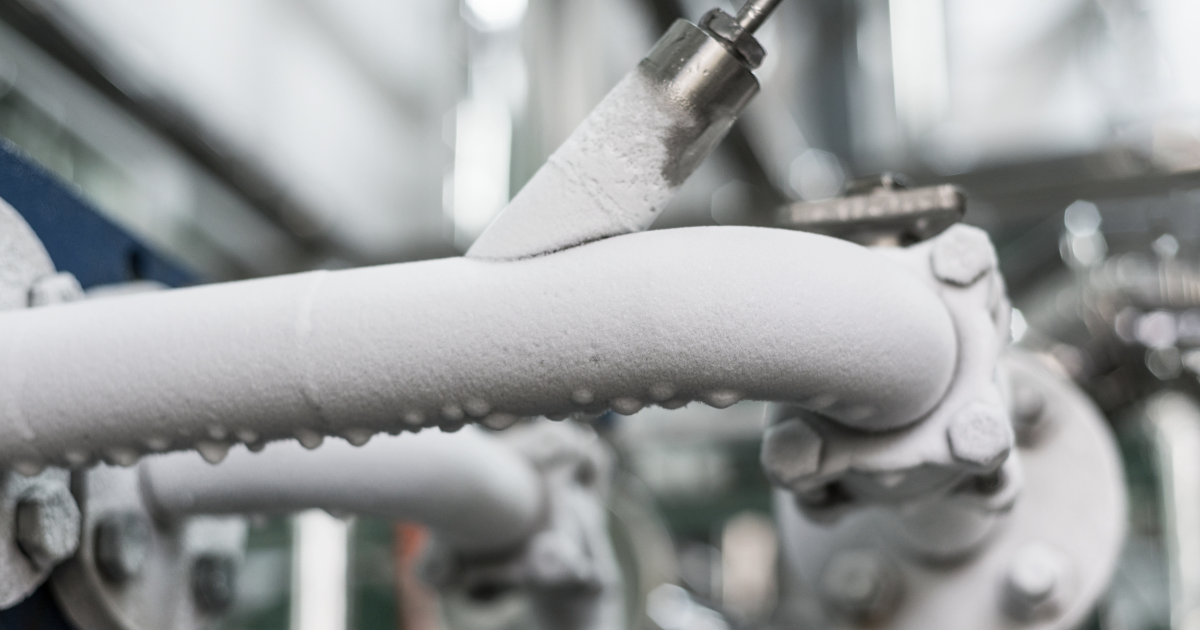How To Keep Your Pipes from Freezing This Winter

The mornings and evenings currently have a nice crispness in the air, but soon, that lovely chill will turn bitter cold as winter rolls in. There's a lot to do to prep for the winter months when you live in the mountain foothills. You've got to clean out your gutters, chop firewood, and, maybe most importantly, make preparations to keep your pipes from freezing. This is especially important if you plan to escape to warmer climates for any length of time during the winter.
Common Signs of Frozen Pipes
The water pressure when you turn on the faucet is one of the first signs that will tell you your pipes are starting to freeze. If it's suddenly a lot less water than what you are typically used to, and it's freezing cold outside, this is a sign your pipes are starting to freeze.
Two more clues associated with the water pressure are gurgling and smell. You will probably hear gurgling from the pipes and faucet as the water tries to make its way through the lines, and the water that does come out will smell like sewage.
From there, if you look at your pipes, there are three more signs that indicate freezing pipes - bulging, condensation, and cracks.
The Importance of Pipe Maintenance
"It happens in a quarter of a million homes every winter, according to State Farm Insurance -- and probably many more that don't file claims -- all stemming from freezing pipes, a problem that's easy enough to prevent," writes Mike McClintock of the Chicago Tribune.
When it comes to the multitude of home maintenance projects, your pipes are easy to forget about. After all, you don't typically look at them daily. But it's not only freezing pipes that can be an issue if they aren't properly maintained.
By making pipe maintenance a part of your home upkeep routine, you can also prevent blockages and improve water pressure. We suggest adding this task to your pre-winter preparation. It never hurts to have a plumber come out to your house and do a routine checkup on your pipes. A little bit of money now can save you from spending quite a bit later when you need your frozen pipes repaired.
Prevention of Frozen Pipes
The best thing you can do when you live in a cold climate is to prevent your pipes from freezing in the first place. Here are some freezing pipes tips to help keep your pipes flowing:
- Keep your garage doors closed - This is especially important if you have water supply lines in the garage.
- Open all your cabinet doors in the kitchen and bathrooms - This lets the warm air circulate more easily to pipes often behind cabinet walls.
- Keep the thermostat up - Now is not the time to worry about your heating bills, as the cost of repairing frozen pipes will be higher. If you're leaving town, keep the thermostat no lower than 55 degrees.
Add Insulation
As part of your pre-winter home maintenance list, you may want to add insulation to your pipes, especially those that are exposed to the elements are run through unheated spaces like your garage.
Before insulating, you want to clean the exterior of the pipes. Then, you can buy insulating pipe wrap or foam pipe covers to wrap around the pipes.
What To Do if a Frozen Pipe Bursts
Frozen pipes will burst. If this happens, shut off your water immediately and call a plumber. While you wait for the plumber to arrive, you need to mop up water immediately. This will help prevent mold and mildew.
Hopefully, you never find yourself in this costly situation. But it's always good to plan ahead.
